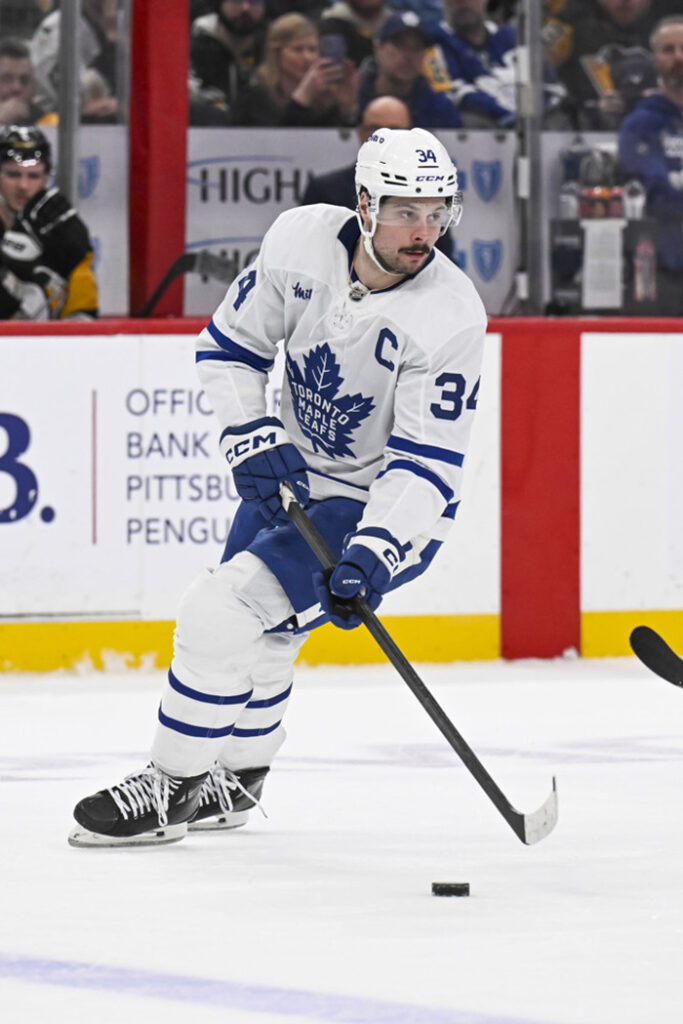With the addition of Seattle and Vancouver to the Professional Women’s Hockey League (PWHL), each of the rosters of the original six clubs have sustained significant losses. Throughout the summer, PWHL writer Rob Del Mundo will summarize the impact to each team. In this edition: the Ottawa Charge.
In 2024-25 the Ottawa Charge, led by coach Carla MacLeod, built their identity on team defense. The Charge advanced to the Walter Cup final despite having only two of the PWHL’s top-20 scorers on their roster. Finally, they bowed out to Minnesota in a tightly-contested four-game series in which every game went to overtime.
Over eight post-season games, Ottawa surrendered a mere 13 goals. MacLeod received a Coach of the Year nomination.
What changed with the Charge? What’s next?
Now MacLeod faces the arduous task of maintaining her team’s defensive prowess following significant losses on the blue line. The first two players selected in the expansion draft were both Charge defenders; Ashton Bell to Vancouver, and Aneta Tejralova to Seattle. Jincy Roese also departed the nation’s capital, signing with the New York Sirens.
Tejralova in particular is a long-time protégé of MacLeod, having played on each of the past four Women’s World Championships for Team Czechia under MacLeod’s tutelage. In both 2022 and 2023, Czechia earned bronze medals, the first podium finishes for the country at the tournament.
To begin the replenishment of the blue line, Ottawa chose Rory Guilday fifth overall, eventually signing the Cornell University alum to a three-year deal. Guilday joins defensive stalwart Ronja Salvoainen – one of the team’s protected players in the off-season, and veteran Jocelyne Larocque on the back end.
Up front, goals might be even scarcer for the Charge, losing their two of their top three scorers: Teresa Vanisova and Shiann Darkangelo in free agency, to Vancouver and Montreal respectively. The offense will undoubtedly be built around Game One OT hero Emily Clark – signed to a two-year extension – and captain Brianne Jenner.
Ottawa solidied the goaltending position with the extension of Gwyneth Philips for two more years. Philips earned the starting role following an injury to Emerance Maschmeyer and never looked back. She started – and finished – all eight playoff games for the Charge, leading the league with a sparkling 1.23 GAA in the post-season.
Philips’s performance earned the Athens, Oh. native nominations for Rookie of the Year and Goaltender of the Year. She was a sure-fire inclusion on Ottawa’s protected list; as a result, Maschmeyer was scooped up by Vancouver.
Keys to taking the next step
Whether the Charge can return to the Walter Cup final hinges on a few unknowns. Can Gabbie Hughes elevate her scoring even further to help offset the losses on offense? How quickly can Guilday make a difference, or even second-round draft pick Anna Shokhina or third-rounder Sarah Wozniewicz?
MacLeod is certainly no stranger to the underdog role, a position in which Ottawa finds itself heading into 2025-26.


